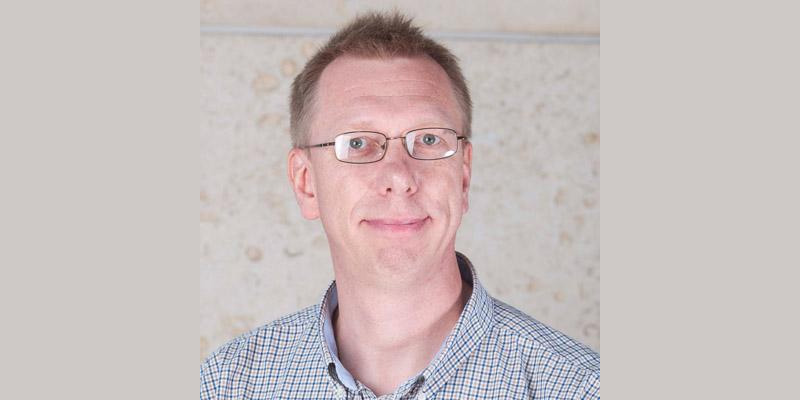Wilfred van der Donk (MMG), the Richard E. Heckert Endowed Chair in Chemistry and director of graduate studies in chemistry at Illinois, was elected to the National Academy of Sciences, one of the highest professional honors a scientist can receive.

van der Donk, along with Illinois Physics professor Nadya Mason and Chemistry professor Ralph Nuzzo, are among 120 newly elected U.S. members – 59 of whom are women, the most elected in a single year – and 30 international members in recognition of their distinguished and continuing achievements in original research.
“The historic number of women elected this year reflects the critical contributions that they are making in many fields of science, as well as a concerted effort by our academy to recognize those contributions and the essential value of increasing diversity in our ranks,” said National Academy of Sciences President Marcia McNutt. “I am pleased to welcome all of our new members, and I look forward to engaging with them in the work of the National Academies.”
van der Donk is also a Howard Hughes Medical Investigator and is affiliated with the Carle Illinois College of Medicine. His research focuses on using a variety of methods with respect to natural products: genome mining strategies to discover new products; microbiology and genomic tools to determine their mode of action; chemical biology techniques to study their biosynthesis; and synthetic chemistry to improve their therapeutic properties.
van der Donk is a fellow of the American Academy of Arts and Sciences, the American Association for the Advancement of Sciences and the American Academy of Microbiology. Among his awards are the American Peptide Society Vincent du Vigneaud Award, the Repligen Award, the National Institutes of Health MERIT Award, the Royal Society of Chemistry Bioorganic Award and the Protein Society Emil Thomas Kaiser Award.
The National Academy of Sciences is a private, nonprofit institution established in 1863 under a congressional charter signed by President Abraham Lincoln. It recognizes achievement in science by election to membership, and – with the National Academy of Engineering and the National Academy of Medicine – provides science, engineering and health policy advice to the federal government and other organizations.
